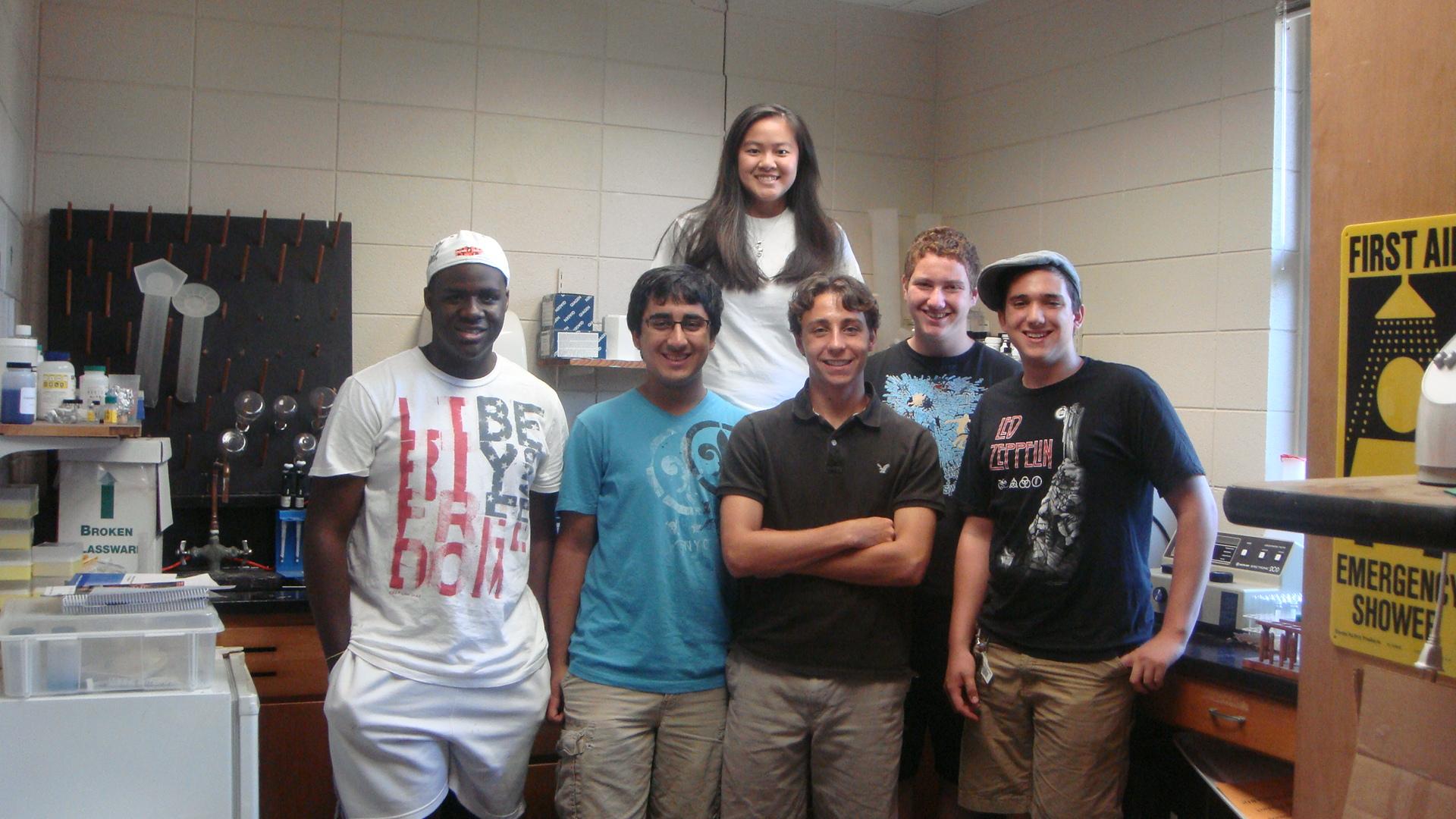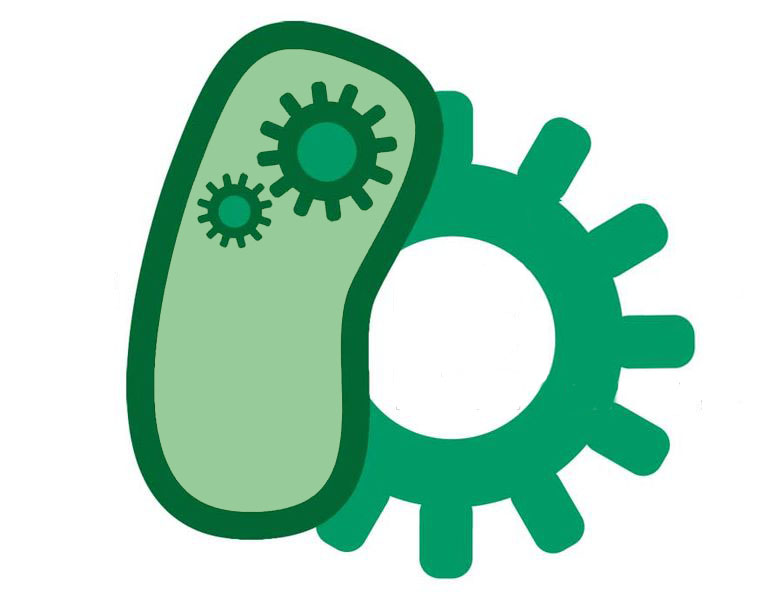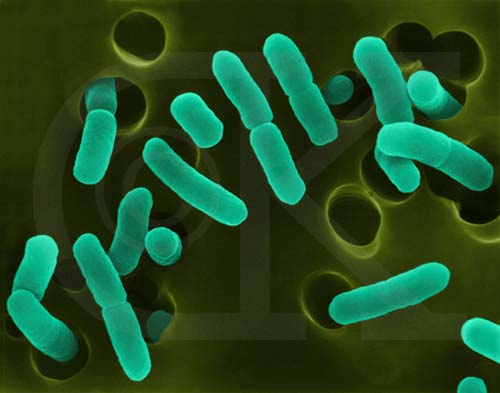From 2010.igem.org
(Difference between revisions)
|
|
| Line 23: |
Line 23: |
| | | | |
| | | | |
| - | {|align=center | + | {|align=left |
| | ='''Our Team'''= | | ='''Our Team'''= |
| | | | |
| Line 48: |
Line 48: |
| | | | |
| | | | |
| - | {|align=center | + | {|align=left |
| | =='''Our Project'''== | | =='''Our Project'''== |
| | [[Image:Minty-e-coli.jpg|150px|left]] | | [[Image:Minty-e-coli.jpg|150px|left]] |
Revision as of 12:55, 29 July 2010
Our Team
Consisting of 9th through 12th graders, our team bases itself out of Gaston Day School, a preK-through 12 school in Gastonia, North Carolina. With the guidance of Ms. Anne Byford we enter our second year in the iGEM competition. for this year we have two primary goals:
- Create an organism that will effectively sense the presence of iron in water sources.
- Adapt techniques from advanced synthetic biology to the high school environment.
Gds student info
Our Project
We have two primary goals for this year’s competition. First, we plan to produce an iron sensitive reporter which indicates elevated levels of iron. This will be done be done by combining an iron sensitive promoter with a constitutive RFP reporter. In addition to achieving this first reporter, we are using the parts submitted by the Cambridge team last year and use them in place of the RFP gene. Our second, and more important, goal is to create techniques and procedures for the common high school laboratory that can replicate the results from the more advanced research laboratories of universities.
 Your team picture |
|
|
|
|
 "
"




